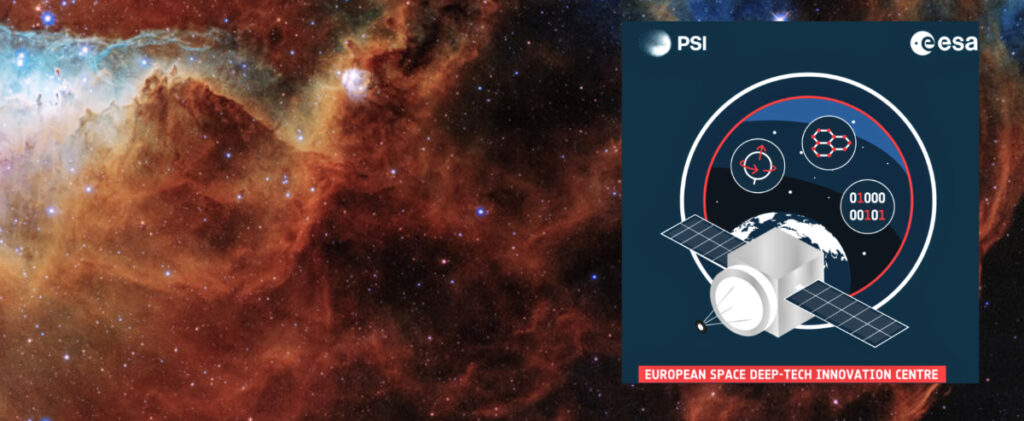
The European Space Agency (ESA) has inaugurated the European Space Deep-Tech Innovation Center (ESDI), the first ESA presence in Switzerland, created in close collaboration with the Paul Scherrer Institute (PSI). The new center is located at the Switzerland Innovation Park Innovaare in Villigen. The opening highlights the growing role of deep tech in space exploration and its potential to boost Europe’s growth and competitiveness.

The European Space Deep-Tech Innovation Centre (ESDI) is a collaborative initiative between the European Space Agency (ESA) and Switzerland, a leading deep tech country, globally renowned for its advances in robotics, nanotechnology, quantum computing, artificial intelligence, and biotechnology.
Located in the immediate vicinity of the Paul Scherrer Institute (PSI) at the Switzerland Innovation Park Innovaare in Villigen, ESDI is designed to accelerate the commercial adoption and availability of deep tech, for space and for the benefit of European citizens. To this end it designs, establishes, and runs platforms for deep tech research in quantum, data, and materials, bringing to use technologies of tomorrow for the world of today. The first such platform is ESA Phi-Lab Switzerland, which is integrated into the organization of PSI.
On behalf of ESA and in line with ESA’s strategy 2040, ESDI will also work with public and private R&D actors, including higher education institutions to reinforce Europe’s competitiveness and autonomy by addressing the skills gap, but also strengthen the research potential and opportunities of those actors. A reinforced cooperation between ESA and higher education institutions will also contribute to develop national and local capabilities, help create space-related jobs and speed up the adoption of space solutions in the European economy.

During the event, ESA Director of Commercialization, Industry and Competitiveness, Geraldine Naja, together with Joanne Sieber, CEO of Deep Tech Nation Switzerland Foundation, also signed a Memorandum of Understanding to stimulate synergies and create strong connections between the space sector and the Swiss deep tech ecosystem, and to build, nurture and expand a deep tech for space community.
Speaking at the inauguration ceremony, Josef Aschbacher, Director General of ESA, said, “The inauguration of the European Space Deep-Tech Innovation Centre is a testimonial to ESA’s and Switzerland’s joint commitment to push innovation and drive economic growth. ESDI will contribute to strengthening the European deep tech ecosystem and promoting Swiss and European leadership in this domain.”
ESDI establishes and operates platforms for deep tech research in the fields of quantum, data and materials that unlock new markets and commercial opportunities, making tomorrow’s technologies available for today’s world,” said Johann Richard, Head of ESDI.
At the Paul Scherrer Institute PSI, we are proud to be the host of ESA Phi-Lab. The European Space Deep-Tech Innovation Centre is a vital part of the strengthened ties between ESA and Switzerland. By leveraging Switzerland’s world-class research infrastructures and fostering interdisciplinary innovation, this collaboration will advance deep tech for space activities and transformative applications on Earth,” said Christian Rüegg, Director of PSI.
